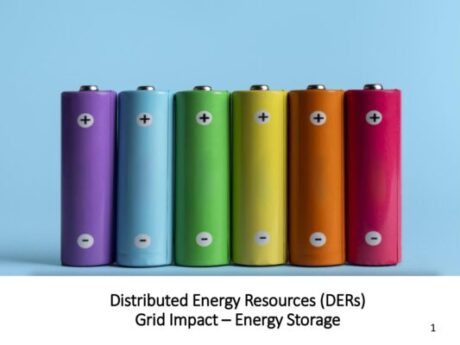Subtotal: $100.00
- Course No E – 1901
- PDH Units: 2
- Course No E – 1901
- PDH Units: 2
Intended Audience: Environment & Energy Engineers
Credits: 2 PDH Units
In this online engineering PDH course, the potential for solar photovoltaics (PV) to supply low carbon energy sources to sectors of the economy other than the power industry is described. Molecules such as hydrogen, ammonia, and hydrocarbons are currently produced from natural gas and crude oil and are used in sectors other than the power sector. Processes to produce them emit carbon dioxide and other greenhouse gases both directly and in upstream feedstock recovery processes. Electrons-to-molecules (E2M) technologies are being developed to convert carbon dioxide, water, and atmospheric nitrogen to desired chemical products using electricity, and they represent large electricity loads. E2M technologies are thus emerging as a potential application for PV; essentially, they can act as electrochemical energy storage and thereby provide a means to use the energy generated from PV and store it in molecular form. In this course, the focus is on potential interfaces between PV and the organic chemicals sector. Specifically, analyses are presented for sustainable production pathways for hydrogen, ammonia, carbon monoxide, ethylene, ethanol, methanol, formic acid, and methane. This course is based on the following document: Badgett, Alex, William Xi, and Mark Ruth. 2021. The Potential for Electrons to Molecules Using Solar Energy. Golden, CO: National Renewable Energy Laboratory. NREL/TP6A20-78719. This course is intended for all engineers concerned with renewable energy and its role in decarbonizing the economy.
Learning Objectives
At the successful conclusion of this course, you’ll be able to identify and discuss:- Using solar energy to increase the energy level of various molecules through electrochemical processing
- Determining potential interfaces between PV and the organic chemicals sector
- Developing pathways and technologies that enable decarbonization
- Analyzing sustainable production pathways
- Quantifying electricity requirements to produce appropriate products at current market sizes
- Identifying products that can be produced via pathways that rely on electricity as a feedstock
Once completed, your order and certificate of completion will be available in your profile when you’re logged in to the site.


 E - 1532 OSHA - Personal Protective Equipment
E - 1532 OSHA - Personal Protective Equipment 







